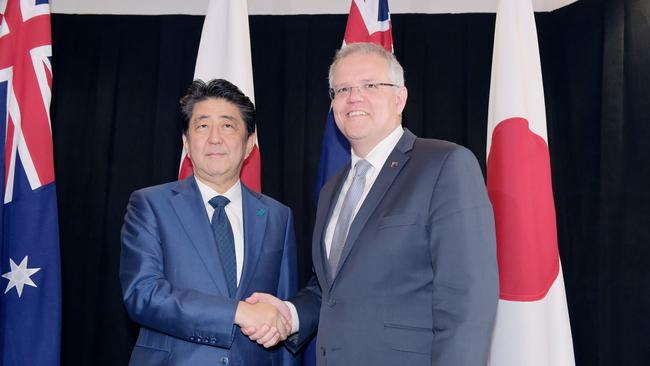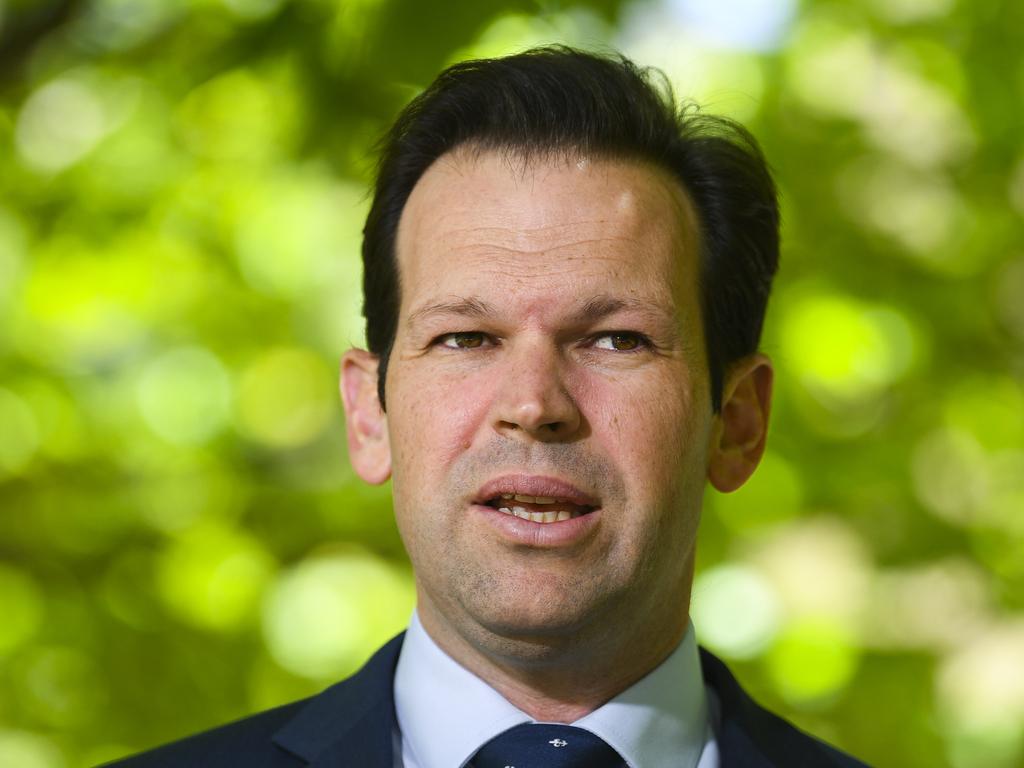
At a time when the US has been trying to reduce the burden of overseas military commitments, the “rotational deployments” of US Marine Corps troops to the Top End — now in their ninth year — are based on an American judgment that northern Australia is increasingly important to Asia’s security.
In the face of a more aggressive China with stronger military forces, the US is dispersing its own forces in Asia. While it’s right to say that 2500 marines is hardly a threat to Beijing, it’s an important demonstration of America’s commitment to Australia and Southeast Asian security.
Strategic thinkers in Japan see northern Australia and Darwin as being an essential part of Japan’s long-term energy security. China can effectively shut down air and maritime transport through the South China Sea any time it chooses. This is an existential threat to Japan because of its dependence on oil shipped from the Middle East. Tokyo needs energy delivery options that avoid the choke point of the Strait of Malacca and Beijing’s control of the South China Sea.
Darwin’s INPEX LNG facility is a strategic lifeline for Japan — a central reason for Prime Minister Shinzo Abe’s visit to Darwin in November 2018. China has been working to cement its dominance in the Indo-Pacific. Far from just being about trade and investment, Xi Jinping’s Belt and Road Initiative is a plan to dominate the region’s critical infrastructure, exclude competitors and build economic dependence to the point that political acquiescence follows.
Just like the fast-food advertisement, the Chinese Communist Party’s strategy is to get regional countries to shut up and take the money.
Many Australian state and territory governments have been only too happy to comply.
The combination of greed and strategic sleepiness that allowed a Chinese company in 2015 to lease the Port of Darwin for 99 years was a grudging wake-up call in Canberra. Half a decade on, it is to the Morrison government’s credit that the penny has dropped on the danger of over-dependence on China.
The Port of Darwin lease remains unfinished business. In time, an Australian government will conclude that the port should be brought back into Australian ownership. As with so many issues in Canberra, the delay in getting to this outcome is caused by fretting about how Beijing will respond.
A redesigned strategy for northern Australia should focus on encouraging more investment and engagement from Japan, India and Southeast Asia, particularly Indonesia.
We will be pushing on an open door, especially in Tokyo.
Canberra should also significantly sharpen its thinking about Defence and northern Australia. For its own myopic reasons, the Defence Department has, frankly, wanted to reduce its footprint in the north. In fact, the opposite must happen.
A larger and more visible military presence across the north is needed to protect our offshore oil and gas industry and to assert sovereign interest in a crowded and contested region.
In Darwin, the strategic need will be to invest in bigger and more capable Defence basing. We should work with the US to grow its Marine Corps presence.
A larger Defence presence in the north would position Darwin as a security hub, lending confidence in the region and counteracting China’s attempts to dominate and demoralise the neighbourhood.
Peter Jennings is executive director of the Australian Strategic Policy Institute and a former deputy secretary for strategy in the Defence Department





It has been painfully obvious for years that our major ally, the US, major regional partner, Japan, and our major market, China, all see more strategic value in northern Australia than successive federal governments and much of our Defence establishment.